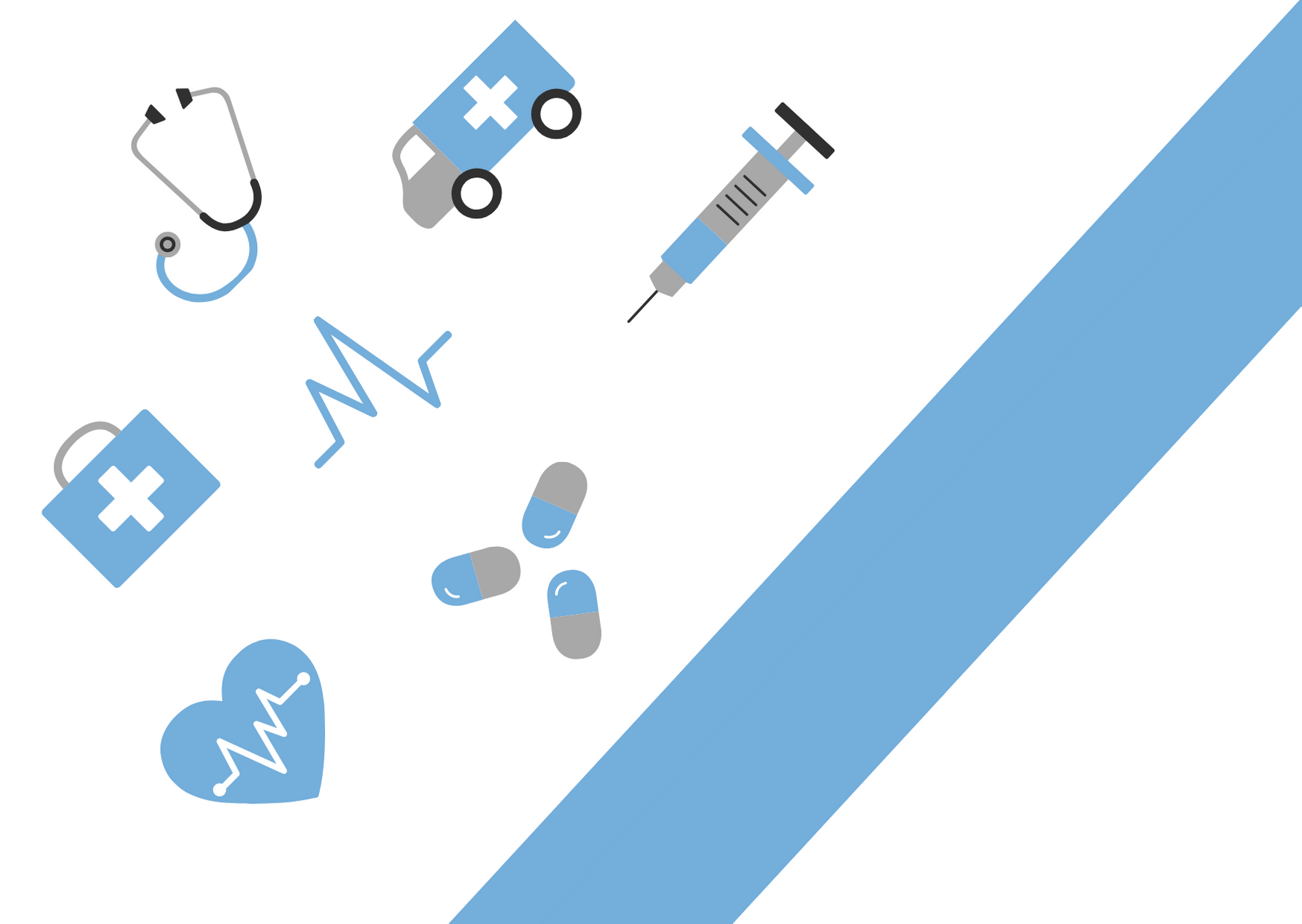Amid coronavirus crisis, Taiwan is poised to show the power of solidarity and technology

Since the beginning of this year, the world has been grappling with the spread of the novel coronavirus that originates from the Chinese city of Wuhan, with governments suspending flights to and from China and placing international travelers in quarantine.
However, the number of confirmed cases of the virus has still been rising and notably surged after China introduced a new way of counting them. The most recent reports show that over 70,000 have contracted with the virus and more than 1,700 have died, with the vast majority in China, where major cities have been locked down and travel restrictions have been imposed on citizens to contain the situation.
Outside China, so far, there have been the most confirmed cases of infection in Singapore (75), followed by Japan (61, excluding the cases found on the Diamond Princess cruise ship), Hong Kong (58), Thailand (35), South Korea (30), Malaysia (22), and Taiwan (20), according to Liberty Times. The virus has claimed at least one life in Japan, Hong Kong, Taiwan, and the Philiphines.
As the spectre of the epidemic looms over the world, the demand for face masks spike and thereby leads to shortage and skyrocketing of their prices. In Japan, two packs of seven masks could cost up to 99,999 yen ($910), when the retail price per pack is set at 405 yen, according to The Mainichi. There are also cases where Chinese companies urged their employees working overseas to buy the much-needed masks and send them back to China.
In Taiwan, the situation seems to be in control, compared with that in most neighboring countries. Now, the price of face masks stands at NT$5 ($0.17) per piece, and panic — over having no mask to wear and therefore being exposed to the deadly virus — has been abating.
Last week, prime minister Su Tseng-chang announced that around 10 million masks will be produced each day by the end of February. It’s more than a fivefold rise in production within a month.
As one of the countries closest to the epicenter of the virus outbreak, the number of confirmed cases has been relatively low, too. In addition, two out of 20 virus patients in Taiwan have fully recovered, authorities revealed.
Government efforts
Surely, much of the credit goes to the government. First and foremost, it was rather quick to ban all the flights from China, in early February. In the meantime, border control has been tightened and measures enforced to ensure citizens with travel history to China isolate themselves for two weeks.
Authorities have also geared up for the possible spread of the coronavirus. Two weeks ago, minister of health and welfare Chen Shih-chung led a medical screening on SuperStar Aquarius as the ship berthed at the port of Keelung. He stressed that the medical staff is extremely cautious in ensuring the health of people in Taiwan. Fortunately, all 1,700 passengers were tested negative for the virus.
In response to the panic buying of face masks, the government put an embargo on the exports of masks at the first moment and later worked with programmers to roll out an ID-based rationing system in just 72 hours. It allows citizens to purchase two pieces of masks at a time after presenting their health insurance card in a pharmacy. The premier said the system is likely to be phased out by the end of February, when the supplies of masks will be replenished.
Solid foundations
Such feat couldn’t have been possible without the country’s superior healthcare system, which has just ranked No. 1 in the world for the second time, according to Numbeo’s survey, and its cloud database built five years ago. Taiwan’s robust and reliable communications infrastructure also prevents the new online system from crashing due to high traffic.
Premier Su attributes the successful launch of the system to the solidarity between the government, industry, and civil society, according to his Facebook post.
What’s more, with the help of digital minister Audrey Tang, a public API (application programming interface) allowing access to the data on the cloud, such as pharmacy locations and the inventory level of face masks in each spot, has been made available. Developers are therefore given an opportunity to create new applications to contribute to the society.
In fact, the minister herself has set up a platform with some local organizations to gather all the apps, ranging from maps, virtual assistants, to chatbots. There have been 80 apps in total built upon the open data from the administration of National Health Insurance so far, she said, and countries including the US have shown great interest in this nationwide project.
According to Export.gov, more than 85 percent percent of Taiwanese citizens have access to the Internet and over 70 percent of them do so with a smartphone, making it one of the most connected user bases in the world. As a result, there’s practically no difficulty for anyone to make use of these new services.
The government said it will soon introduce an online platform for visitors to fill out health data as part of the border screening measures, according to Taiwan News.
〔Original :Meet Startup @ TW〕
https://meet.bnext.com.tw/intl/articles/view/46095